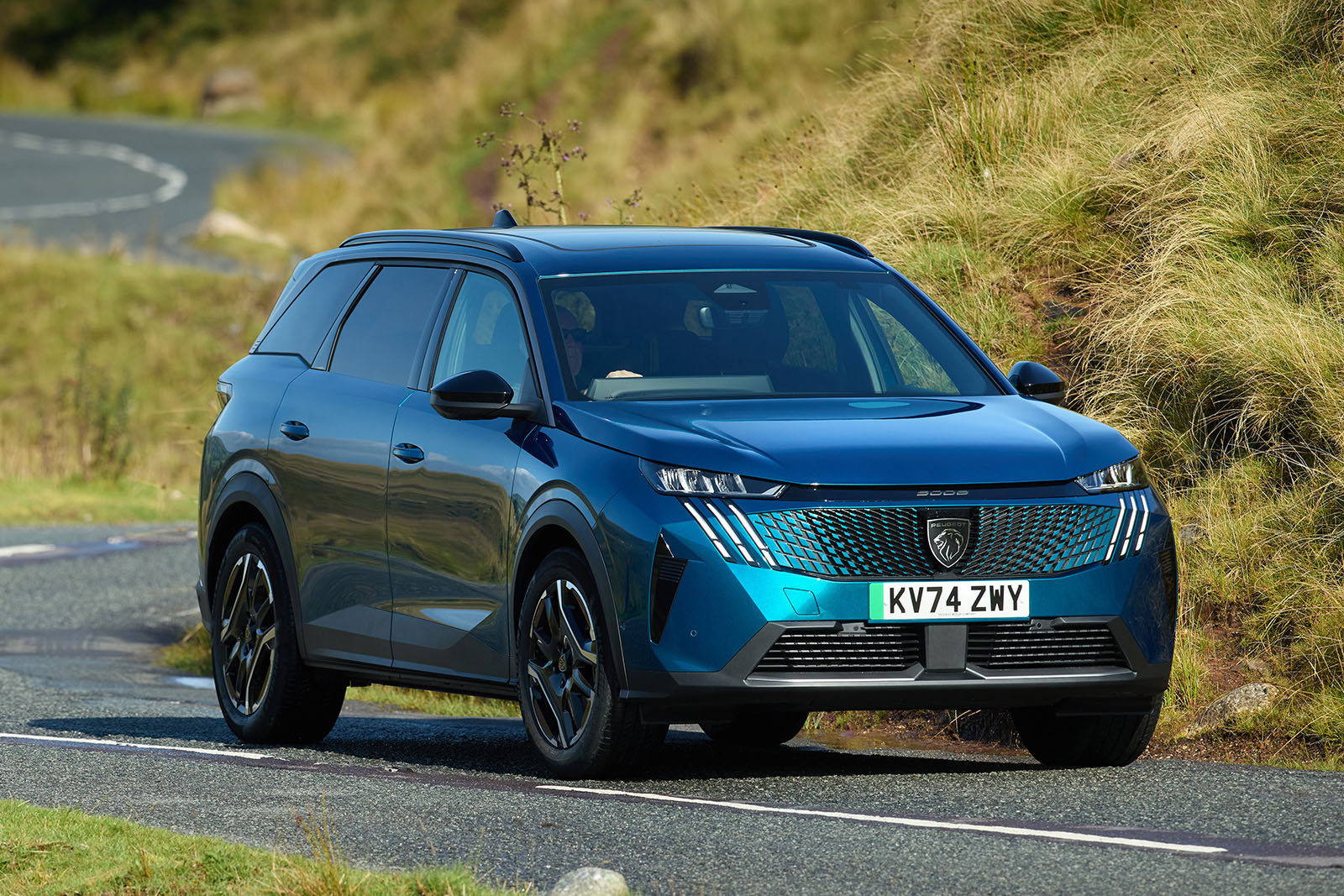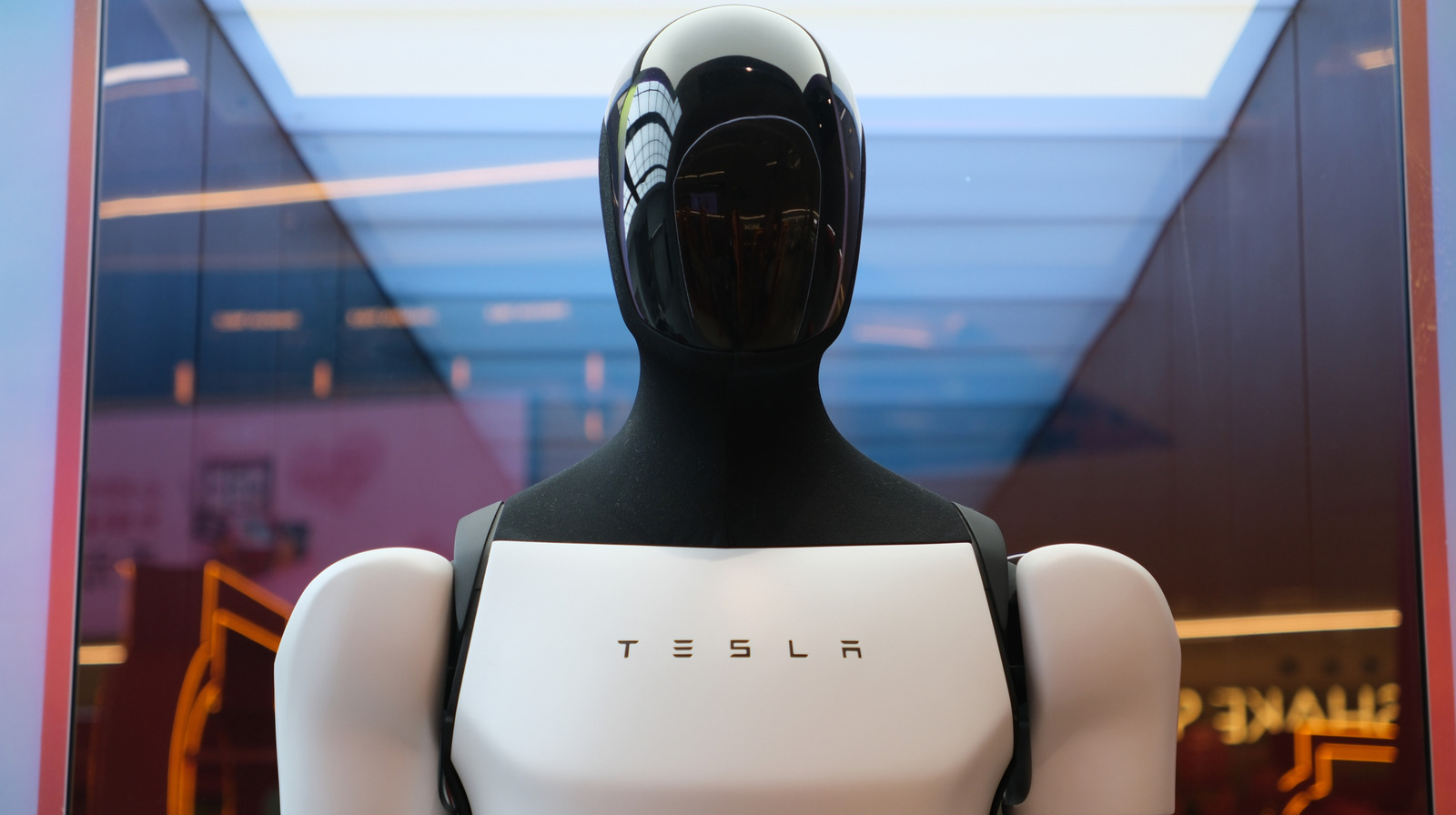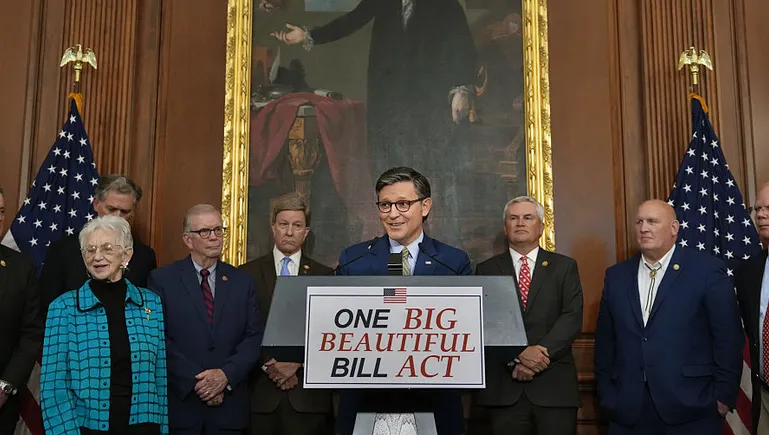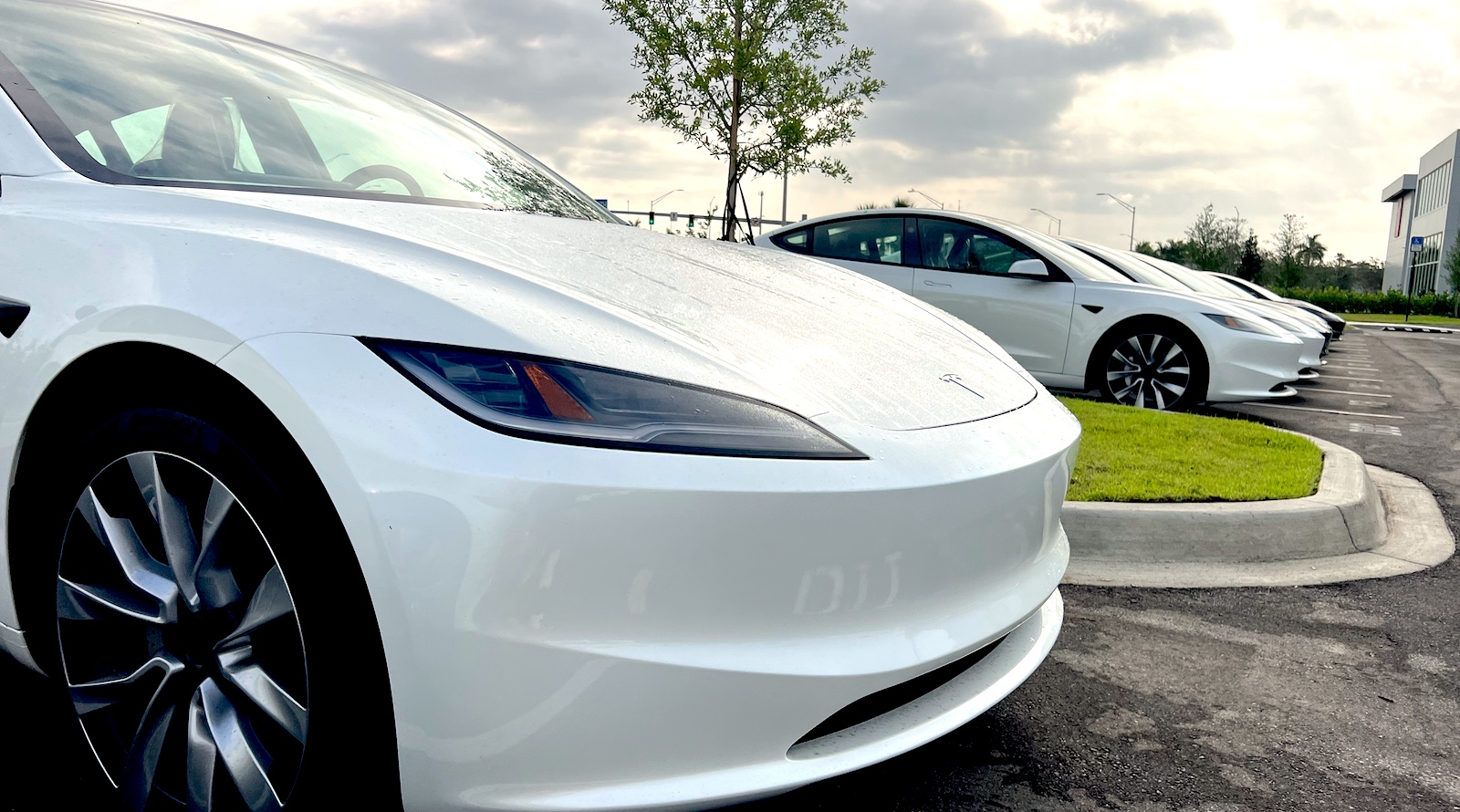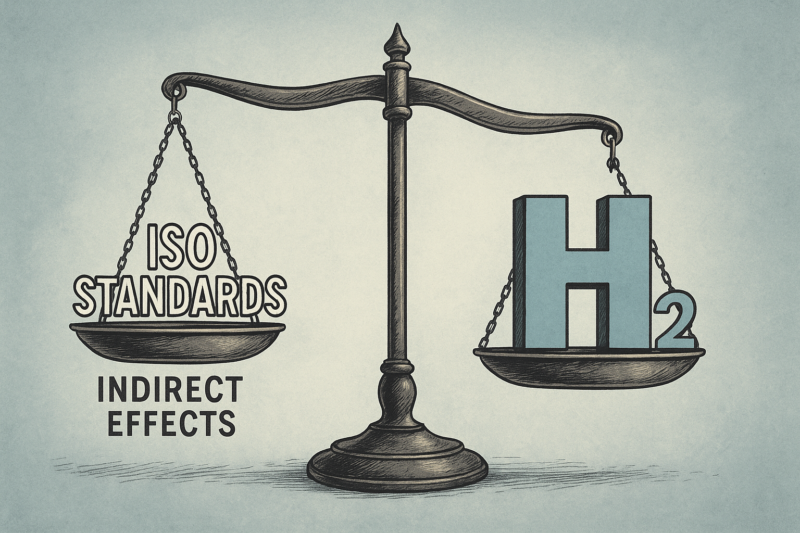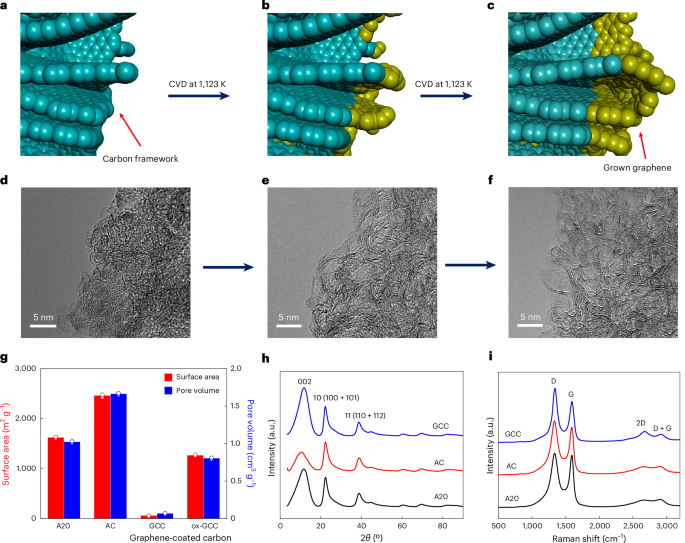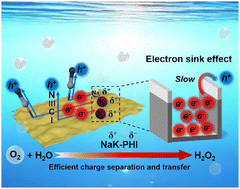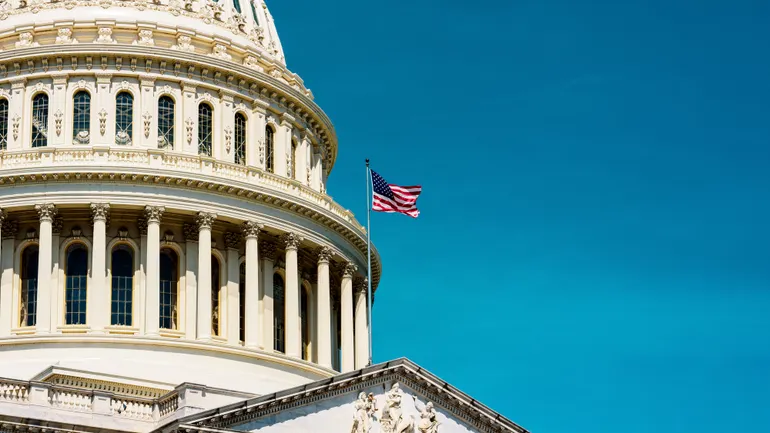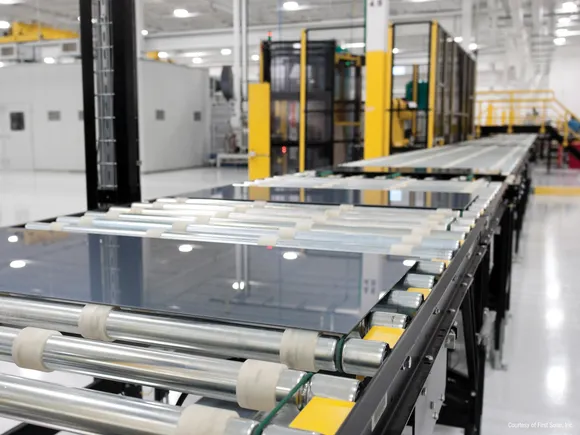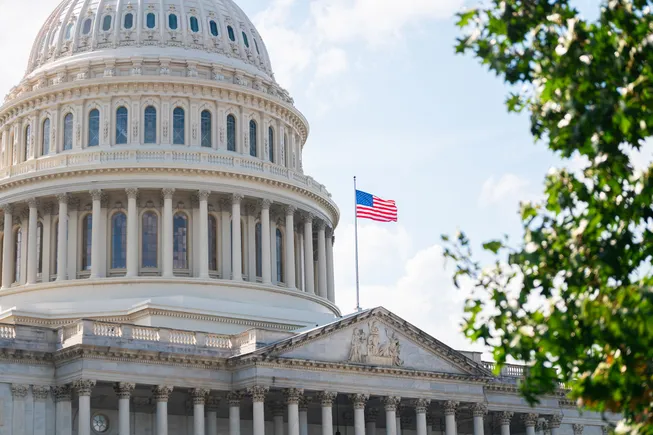Senate Overturns California EV Requirements, Revokes Emission Waivers
On Thursday, the Senate voted to block California from enacting rules that would totally ban the sale of all new gas-powered cars by 2035 . The state had long been using waivers, stemming from the 1970 Clean Air Act, that allow it to set significant emission standards that differ from federal requirements.


On Thursday, the Senate voted to block California from enacting rules that would totally ban the sale of all new gas-powered cars by 2035. The state had long been using waivers, stemming from the 1970 Clean Air Act, that allow it to set significant emission standards that differ from federal requirements.
The final vote was 51-44, with Democrat Elissa Slotkin siding with the Republicans in order to keep an earlier promise made to Michigan voters not to support vehicle bans of any kind. Three waivers are set to be revoked once Trump has provided his signature — one pertaining to the California EV mandate, with two more focused on restricting tailpipe emissions from medium and heavy duty trucks.
Ed. note -- this story was supposed to run yesterday but we ran into some technical difficulties. We are not that far behind the news.
Despite several automakers previously vowing to support California in the past, the industry’s biggest lobby has since come out to publicly suggest the state’s EV mandates and stringent emission rules “were never achievable.” Meanwhile, the Specialty Equipment Market Association (SEMA) has similarly said that vehicle restrictions would negatively impact domestic jobs and consumer choice ( which TTAC covered in a recent podcast interview).
"The death of California's waiver will give life to more than 330,000 American jobs and preserves over $100 billion of economic impact to the nation's economy," SEMA stated.
While the United States has rules that technically prohibit individual states from creating emission laws of their own, the California Air Resources Board (CARB) has over 100 active waivers and has used them to enact emissions standards that are far more stringent than federal guidance under the Environmental Protection Agency (EPA). California likewise has convinced several like-minded states to adopt its rules, including promises to ban gasoline-powered vehicles.
Over the last several decades, this has resulted in periods where automakers built California-compliant variants of select models or allocated certain “zero-emission” vehicles to the state that weren’t available anywhere else in the country. There have even been periods where the Golden State managed to convince some automakers to voluntarily promise to adhere to its emission standards — rather than those outlined under the EPA.
As a result, concerns have been raised that California's 11-percent share of the U.S. market has effectively been driving emission standards that wouldn’t work for the rest of the United States. In 2018, the Trump administration moved to dissolve the Obama-era standards on fuel efficiency and later revoke California’s waivers. The rationale was that they were unrealistic and effectively forced automakers to chase emissions compliance at the expense of everything else.
Assertions were made that the regulatory situation had resulted in vehicles that were more expensive and less reliable than their predecessors. Trump alleged that the typical household was already struggling with finances and would benefit from affordable, long-lasting transportation that could be easily repaired with simple tools. Additional claims were made that rising levels of complexity forced American automobiles to become more reliant on foreign suppliers, stifling U.S. employment levels.
California responded with lawsuits, which it had leveraged against previous challenges to its emissions authority, by claiming that it was a matter of states’ rights and environmental safety. This slowed down any progress to change the emission rules ahead of the 2020 election. When the Biden administration took office that same year, it placed “climate justice” as one of its biggest platforms. Biden allocated billions in funding for programs designed to accelerate EV adoption and domestic battery production.
With Trump back in office and the Republicans now controlling Congress, efforts to void California waivers have returned. While the core arguments have remained the same, there are also new assertions that the current EV adoption rates would make internal-combustion bans totally unfeasible.
But it’s not clear how much of that (or the environmental rebuttals) are actually driving policy, as the issue is often unhelpfully framed as a matter of Republican vs Democrat. All three of the waivers in question were approved by the Biden administration's EPA in 2024 and it frankly seems like neither party is interested in compromising. Instead, the trend appears to be to move aggressively in the opposite direction of your political rivals whenever there is an opportunity to do so.
Ergo, arguments have already been made that revoking California's waivers are a direct violation of the Clean Air Act. The rebuttal to this is that the Congressional Review Act absolutely gives the legislature the ability to undo any rules enacted by federal agencies. The rationale behind this is that they’re led by un-elected officials who are not directly beholden to voters, whereas Congress has always been the branch of government designed to establish federal law.
Senate Majority Leader John Thune (R-SD) said as much during his congressional remarks earlier in the week when he noted that “the EPA has submitted the waivers to Congress as rules — which is all that Congress has ever needed to decide to consider something under the Congressional Review Act.”
Other Republicans were of a similar mindset, asserting that federal agencies can not make bureaucratic decrees and expect the elected legislature to not even have an opinion. Meanwhile, Democrats insisted that the Senate's decision was at odds with parliamentary procedure by circumventing the ability to filibuster — something the party had ironically attempted themselves in 2022.
"If they invoke this nuclear option now, they should expect that a future Democratic government will have to revisit decades worth of paltry corporate settlements, deferred prosecution agreements, and tax rulings that were overly favorable to multinationals and ultra-wealthy individuals," stated Senate Finance Committee Ranking Member Ron Wyden (D-OR).
“What we have at stake is also a state’s ability, its right to make its own laws and to protect its own citizens, without having this body overturn that right,” said Senator Adam Schiff (D-CA), adding that the decision should “send a chill down the spine of legislators in every state.”
California leadership is clearly displeased with the decision and has suggested the state will use every legal means at its disposal to issue challenges. Governor Gavin Newsom and the California Air Resources board have already claimed that revoking the waivers is illegal and that lawsuits will be forthcoming.
[Image: The Image Party/Shutterstock]
Become a TTAC insider. Get the latest news, features, TTAC takes, and everything else that gets to the truth about cars first by subscribing to our newsletter.


















